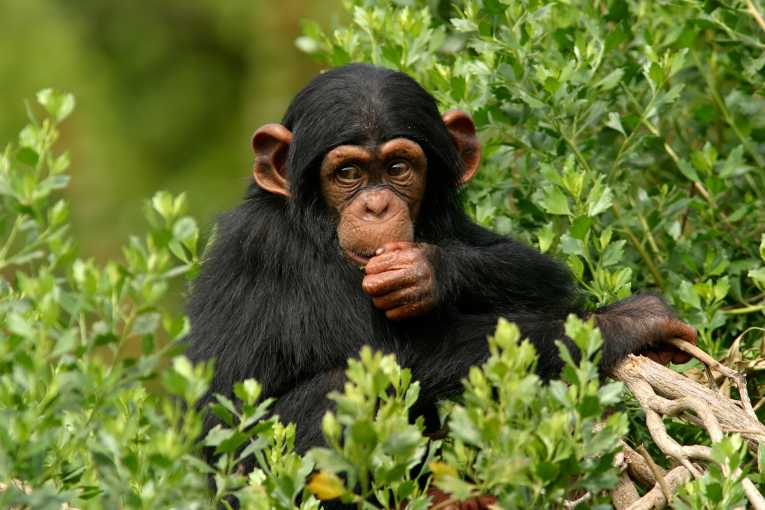Conservation organisations including the Center for International Forestry Research (CIFOR) and the Convention on Biological Diversity (CBD) met in Nairobi to discuss better regulation of the bushmeat trade and possible alternatives to bushmeat for local communities.
Bushmeat - an illegal and profitable trade
Commercial trading in bushmeat - the meat and other parts of wild mammals, birds and reptiles - is a highly lucrative industry, particularly prevalent in central Africa. Bushmeat trading is on the rise within many central African countries, both nationally - between rural areas and urban markets - and internationally. Several tonnes of illegal bushmeat are smuggled each week through Paris's Charles de Gaulle airport alone. In the Central African Republic, the unregulated bushmeat trade is thought to be worth a staggering US$72 million.
The bushmeat trade causes a widespread loss of biodiversity in some of the world's most pristine forests, especially those in the Congo Basin. Depleting forests of wildlife has severe effects on a region's food security and biodiversity, and can irreversibly jeopardise local communities. For example, up to 75 percent of tropical tree species depend on animal-based seed dispersal. If the population of these seed-dispersing animals decreases, many tree species will not be able to reproduce. Local people who depend on these trees for food and timber will suffer. Other tree species will be used as a resource, continnuting the spiral of declining biodiversity.
There are no simple solutions to this problem. Experts at the Convention on International Trade in Endangered Species of Wild Fauna and Flora (CITES) give this example: Increasing population and trade from rural to urban areas, in conjunction with the lack of domestic meat produce, are the main causes of unsustainable levels of bushmeat hunting in the Congo basin. However, if bushmeat consumption was replaced by local beef, as much as 80 per cent of the Democratic Republic of Congo would have to be pastures, destroying the very forest we want to conserve. Therefore, simply replacing bushmeat with domestic produce is not the answer.
Creative solutions to the bushmeat problem
Conservationists and scientists at the Nairobi meeting agreed that current steps taken to stop the bushmeat trade are not working. A set of innovative recommendations were put forward, with the aim of halting the trade in bushmeat and subsequent decline in biodiversity. One simple suggestion is to involve local communities in managing their wildlife and generating revenue in ways which conserve animal populations. Controversially, this could include hunting, alongside more traditional revenue-generating conservation programmes such as tourism.
Other, more creative solutions include support for sustainable harvesting of non-timber forest products, such as bee-keeping. Honey would provide both food and income for local communities. In addition, 'mini-livestock' such as cane rats, could be raised in small farms. Cane rats are large, herbivorous rodents that are already farmed in some parts of Africa.These small animals would again provide food and income, but would not need the huge amounts of land and food which cattle required.
"We see legitimate subsistence hunting being replaced by commercial hunting and trade of often endangered species in tropical forests, including elephants and primates" said Ahmed Djoghlaf, Executive Secretary to the CBD. "The collaboration between the CBD and CITES is leading the way for a stronger push to stem this tide. A global partnership to tackle illegal wildlife trade and unsustainable hunting for bushmeat is urgently required."
Top Image Credit: © Ronnie Howard










